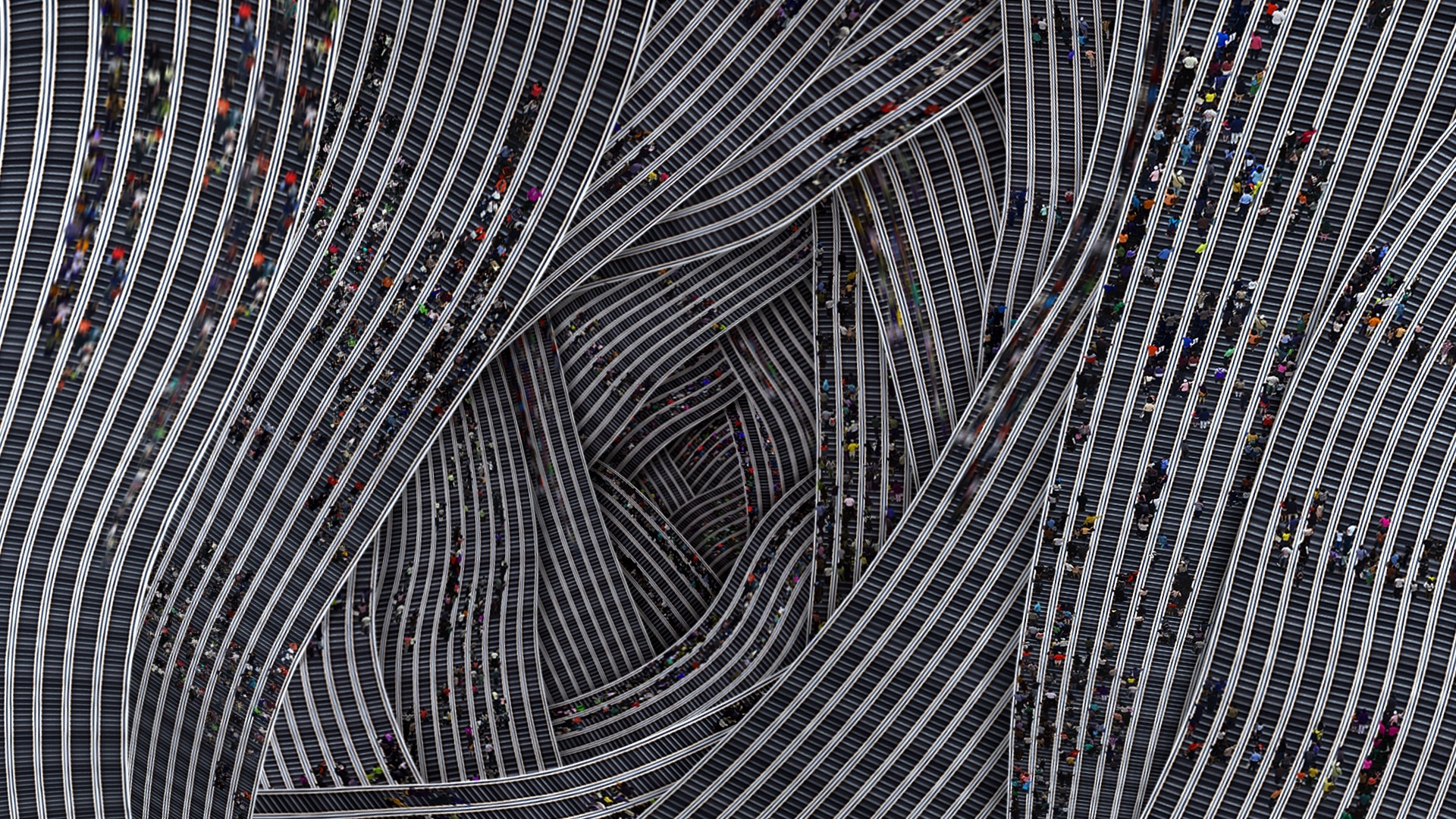Project for a Post-Monetary Economy Instructor: Stefan Heidenreich Module: 1 of 2 Date & Time: Mondays: May 22, 29, June 26, July 3 3:00 – 5:30pm EST

DESCRIPTION:The purpose of an economy is to distribute goods and to allocate tasks. Matching-algorithms and artificial intelligence could devise better procedures for distributing goods and tasks, leading to a post-monetary economy. For now, money will still govern all economic transactions, but the monetary regime may only be a transitory phase. From the viewpoint of media history, there is strong evidence that points its demise.As David Graeber has recently shown, coins and currencies replaced earlier notation based methods of crediting. By compressing the data, money facilitated a stunning growth in quantity of trade, far beyond the capacity and the extension of then existing notation systems. With data systems that can track and compute all transactions, we can start to design non-monetary modes of organizing distribution and allocation. The technical requirements have existed for nearly a decade. Methods governed by algorithms or artificial intelligence can theoretically allow for more efficient, just, and productive forms of economy exchange. To be clear: the concept of the post-monetary is not about substituting money with digital currencies like bitcoin. The aim is to replace money altogether, with all its inconsistencies and drawbacks, with its psychologically disturbing need to assign quantifiable value to everything and its socially destabilizing inequalities. One of the revolutionary side effects of a post-monetary economy would be to limit huge accumulations of wealth.
The course consists of two modules, each of four weeks. It will take the format a research & development group meeting. In first part, I will present the initial proposal for a post-monetary economy as published in the book, “Forderungen” (German only, Merve: Berlin, 2015). The second part will contribute to an upcoming publication, “Money. Project for a Post-Monetary Economy”
REQUIREMENTS: Each module of the two-part seminar will be composed of four two and a half hour sessions, each of which will be conducted as an extended seminar. During this period material blogged the previous week will be discussed alongside the set material. Based upon the set readings, online news and commentary, and ongoing class discussion, students will be expected to contribute ~400 words of content to the seminar blog on relevant topics. (This will additionally be posted to the google classroom page for everyone to read and comment upon as they wish, providing some preliminary threads for the group discussion). The final assessment will consist of a 2500 word extended white paper on a research topic agreed upon with the instructor in advance.
Image: Escalator Collage from wallup.net, 2016
You cannot enroll in this Seminar because it has already been completed. To become a Monthly Memebr of The New Centre and watch the related videos, click here to go to PayPal and subscribe:
To see The New Centre Refund Policy CLICK HERE.
To see The New Centre Refund Policy CLICK HERE.